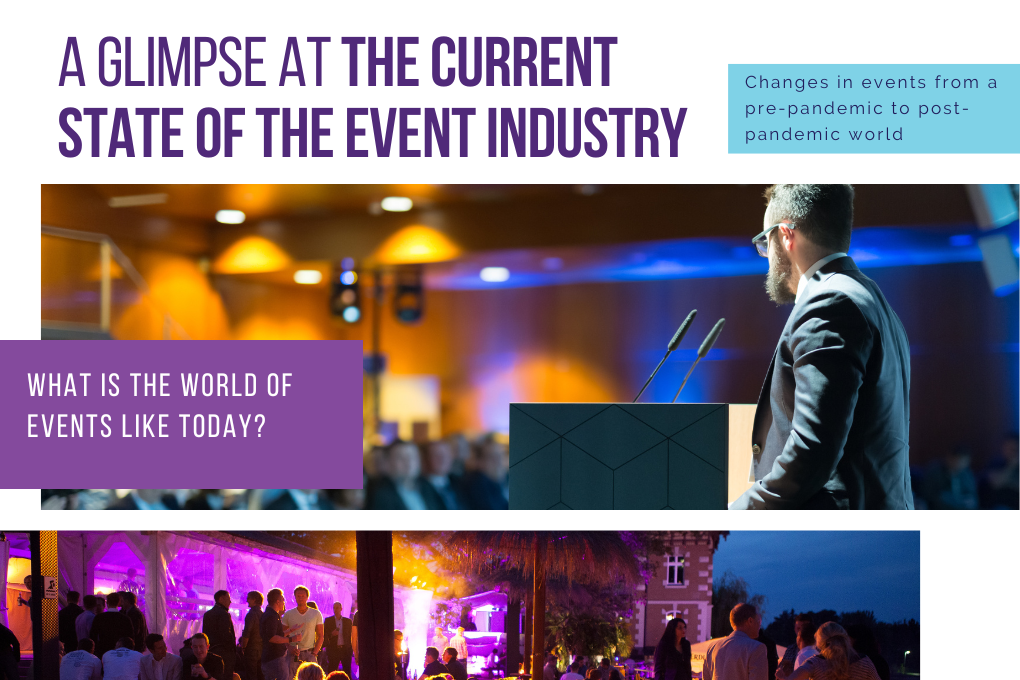
The world is evolving at an unprecedented pace, with each day bringing new stories that shape our collective future. From politics to economics, climate change to social movements, and technological advancements, every sphere of life is constantly transforming. Understanding and engaging with current events not only helps individuals stay informed, but also allows societies to adapt to and prepare for a rapidly changing world. This article provides an insightful look into the most impactful events and trends dominating global headlines today.
Global Politics and Shifting Alliances
The global political landscape is experiencing significant shifts as governments navigate complex challenges. In 2024, much attention is focused on the United States’ upcoming presidential election, which has sparked heated debates on crucial issues like immigration, healthcare, and climate change. The outcome of this election is expected to have profound consequences not only for the U.S., but for international relations, trade, and security.
Meanwhile, tensions between major powers, particularly the U.S., China, and Russia, continue to shape geopolitics. China’s increasing economic and military influence is causing friction with its neighbors, particularly over Taiwan, which Beijing considers a breakaway province. The rivalry between the U.S. and China has led to a rethinking of alliances in Asia, with countries like Japan, South Korea, and Australia seeking closer ties with the West to counterbalance China’s rise Current events.
In Europe, the aftermath of Brexit continues to ripple across the continent. The European Union is grappling with issues related to economic instability, the rise of far-right political movements, and the war in Ukraine. The ongoing conflict between Ukraine and Russia, which began in 2022, has had a profound impact on European security and energy policies. European nations are increasingly focused on reducing their dependency on Russian energy and fortifying their defense capabilities, leading to discussions about strengthening NATO and redefining the EU’s global role.
Economic Challenges and Global Inflation
The global economy is facing turbulent times, as inflation continues to rise across multiple regions. In the aftermath of the COVID-19 pandemic, many economies struggled to recover, with disrupted supply chains and labor shortages contributing to higher costs. As a result, inflation has become a defining issue for many countries, particularly in Europe and the United States.
Central banks around the world, including the U.S. Federal Reserve and the European Central Bank, have implemented aggressive interest rate hikes to combat inflation. While this has helped cool some economic activity, the risk of recession looms large, especially as businesses and consumers face higher borrowing costs. In developing countries, the situation is even more precarious, with rising food and fuel prices exacerbating poverty and inequality.
The global energy crisis, triggered by geopolitical tensions and supply chain disruptions, has further compounded economic challenges. Europe, in particular, has been hard hit by skyrocketing energy prices due to its reliance on Russian gas. This has prompted countries to accelerate the transition to renewable energy sources such as wind, solar, and nuclear power, with the goal of achieving energy independence and reducing carbon emissions.
Climate Change and Environmental Crises
Climate change remains one of the most urgent and pressing issues of our time. Recent natural disasters, such as wildfires in Canada, floods in Europe, and hurricanes in the Caribbean, have highlighted the devastating impacts of a warming planet. These extreme weather events have forced governments and international organizations to reconsider their climate policies and take more aggressive action to combat global warming.
In response, global efforts to address climate change have intensified. The Paris Agreement, which aims to limit global temperature rise to well below 2°C, continues to serve as the primary framework for international climate action. Countries are now setting more ambitious carbon reduction targets, investing in green technologies, and transitioning to cleaner energy sources. However, critics argue that the pace of change is too slow, and that without more significant cuts to greenhouse gas emissions, the world may face irreversible damage.
At the same time, climate-related social movements are gaining momentum. Youth-led initiatives like Fridays for Future, spearheaded by activists like Greta Thunberg, have drawn attention to the urgency of the climate crisis and the need for immediate action. These movements have successfully pushed climate change to the forefront of political agendas, but challenges remain in balancing economic growth with environmental sustainability.
Technological Advancements and Their Impact
Technology continues to revolutionize nearly every aspect of life, from healthcare to education, business, and entertainment. In recent years, artificial intelligence (AI), machine learning, and automation have made significant strides, transforming industries and raising new ethical and regulatory concerns.
AI, in particular, has seen rapid advancements, with applications ranging from healthcare diagnostics to autonomous vehicles and personalized marketing. While these technologies hold great promise for improving efficiency and productivity, they also raise questions about job displacement and data privacy. Governments and businesses are increasingly focused on developing regulations to ensure that AI is used responsibly, while also capitalizing on its potential to drive economic growth.
Another significant technological development is the rise of the metaverse, a virtual reality space where users can interact with digital environments and each other. The metaverse has the potential to transform social interaction, commerce, and entertainment, with major companies like Meta (formerly Facebook) and Microsoft heavily investing in its development. While still in its early stages, the metaverse is expected to become a major part of the digital economy in the coming years, raising important questions about regulation, security, and digital ownership.
Conclusion
In today’s fast-paced world, staying informed about current events is crucial for understanding the changes and challenges shaping our future. From political shifts and economic uncertainty to climate crises and technological innovations, the world is in a constant state of flux. By engaging with these issues, individuals can better navigate the complexities of modern life and contribute to a more informed and resilient global society. As we look ahead, it is clear that the events of today will have lasting impacts on tomorrow’s world.